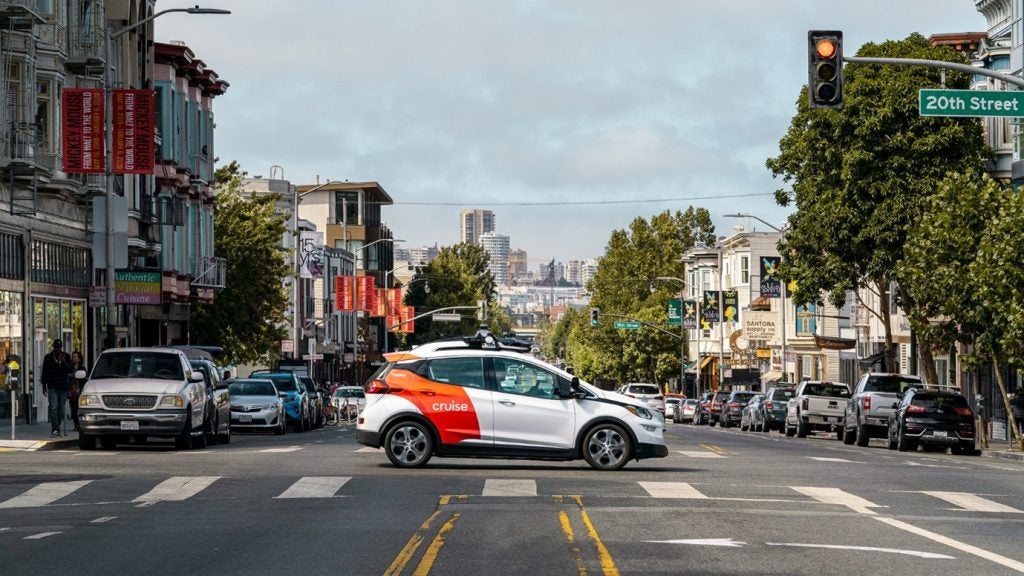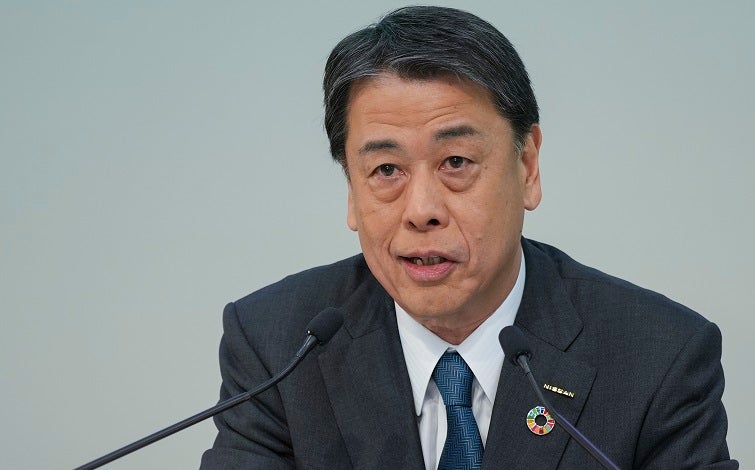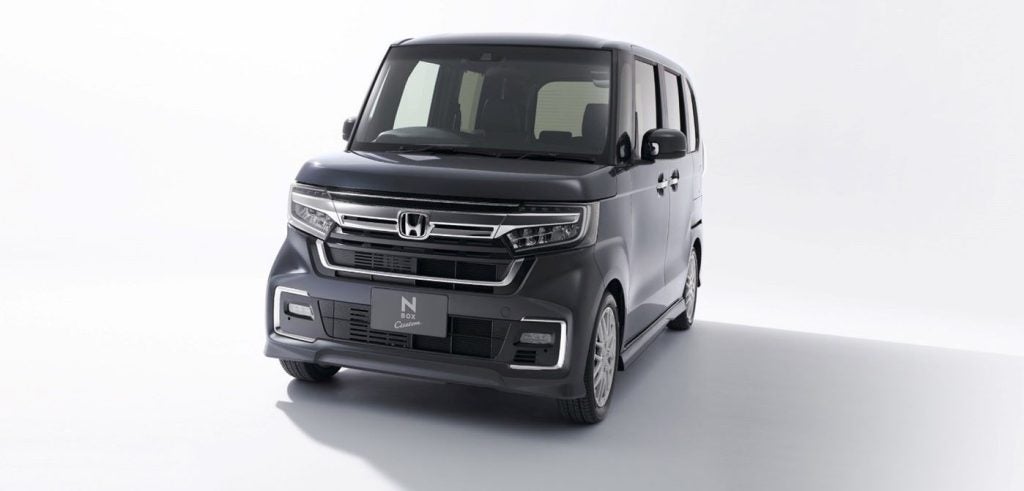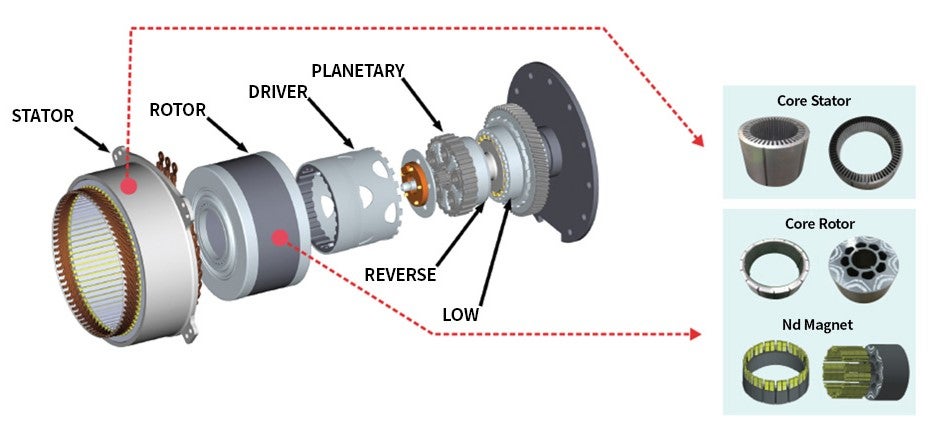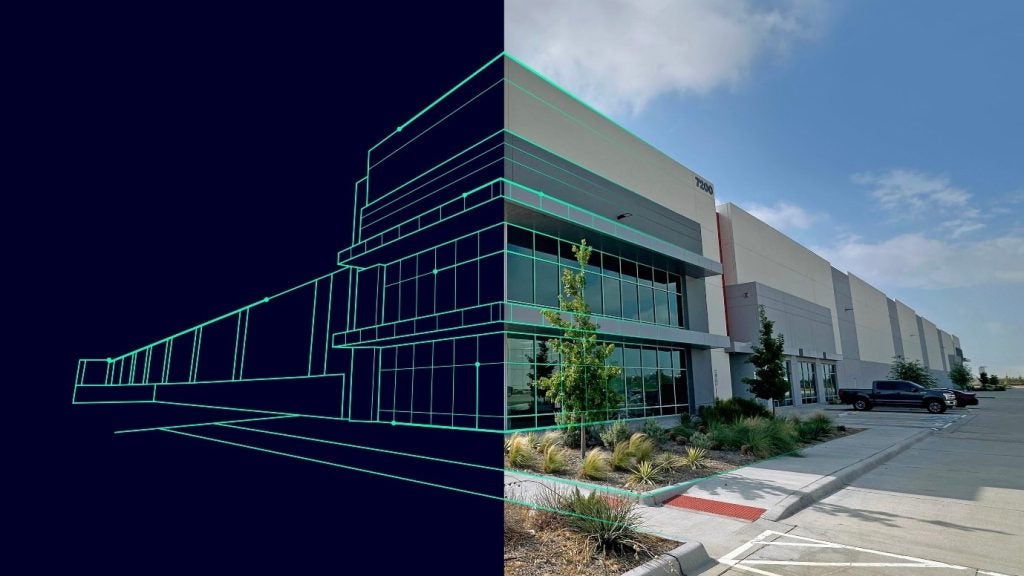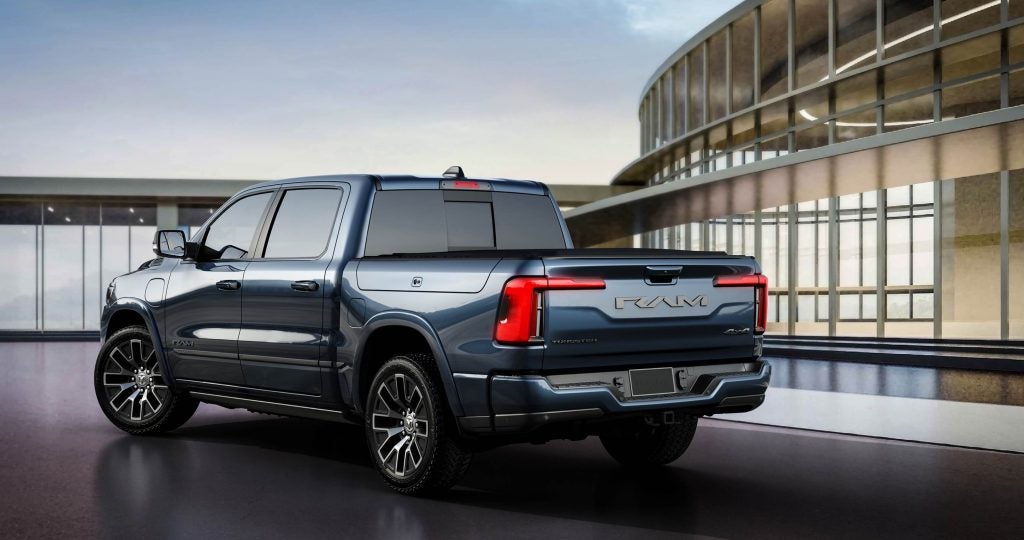Hasco-CP, a Thai joint venture between Chinese automotive components manufacturer Huayu Automotive Systems and Thailand’s Charoen Pokphand Group (CP), began production at its newly built electric vehicle (EV) battery plant at the beginning of November.
The joint venture is 51% owned by Hasco and 49% by CP.
The 12-hectare facility, located in the New Energy Industrial Park in Chonburi province, has annual capacity for 50,000 battery packs and includes a fully automated assembly and testing facilities covering 60 processes.
The plant will mainly supply battery packs to SAIC Motor-CP, a local joint venture between China’s largest vehicle manufacturer SAIC Motor and CP, to help strengthen its presence in the country’s fast growing zero emission vehicle market.
SAIC Motor mainly sells vehicles in the region under its MG brand.
Speaking at a launch ceremony, SAIC Motor-CP president Zhao Feng said his company began selling EVs in Thailand in 2019 and had sold 18,000 units so far.
Nattapol Rangsitpol, general secretary of Thailand’s industry ministry, said: “As the first EV battery factory is launched in the country it demonstrates Thailand's readiness to become a regional and global EV production base."
Thailand is rapidly becoming the main production hub for EVs in south east Asia, driven by a growing number of Chinese automakers establishing operations there. The Thai government wants EVs to account for 30% of total vehicle production by 2030.
Gotion High Tech, a Chinese electric vehicle (EV) battery manufacturer based in Anhui province, is building a battery pack assembly plant with completion scheduled for the end of the year.




